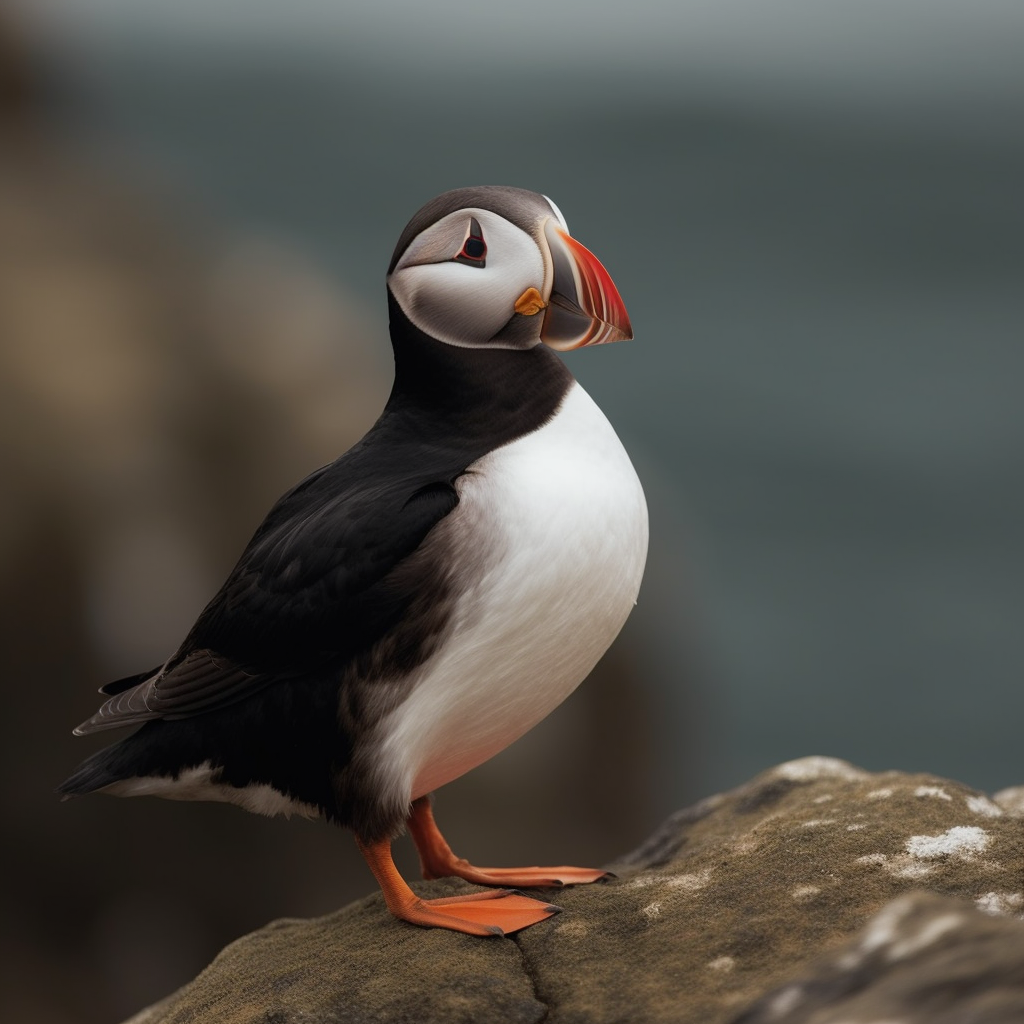August 31, 2023
The Remarkable Comeback of Puffin Chicks in Maine
Book a Demo
The puffin chicks on Maine’s islands are making a remarkable comeback after two years of decline. This decline was largely attributed to unusual weather patterns, which were directly linked to climate change. Despite the warming conditions of the Gulf of Maine, puffins have managed to find enough food for their young, leading to an increase in chick survival rates.
Eastern Egg Rock, one of the largest puffin colonies, has shown a significant rise in survival rates of puffin chicks. Surprisingly, there has been a dramatic increase from a mere 10% to a commendable 63% within a year. Puffins, which are globally recognized for their vibrant, colorful beaks and distinctive walk, can live well into their 30s and primarily breed in Maine, US.
However, rising ocean temperatures pose a significant threat to Maine’s puffin population. This is due to the impact of climate change on the availability of food sources. Puffins heavily rely on fish species for sustenance, which are also threatened by warming oceans.
In response to this, scientists have adopted innovative strategies to help puffin populations thrive. One such method involves the use of decoy puffins to attract real ones to the islands. The success of this strategy has led to a notable increase in puffin populations.
The National Audubon Society’s Seabird Restoration Program, or “Project Puffin,” has been pivotal in restoring puffin colonies on three Maine islands since 1973. The program acknowledges the puffins’ crucial role in Maine’s ecosystem and has been instrumental in their conservation efforts.
Despite the encouraging signs of recovery, concerns remain about the sustainability of current growth trends. The continued rise in ocean temperatures, and the subsequent impact on the puffins’ food sources, could potentially hinder their growth rate. However, the resilience shown by these creatures in recent times offers a glimmer of hope for their survival in the face of climate change.



